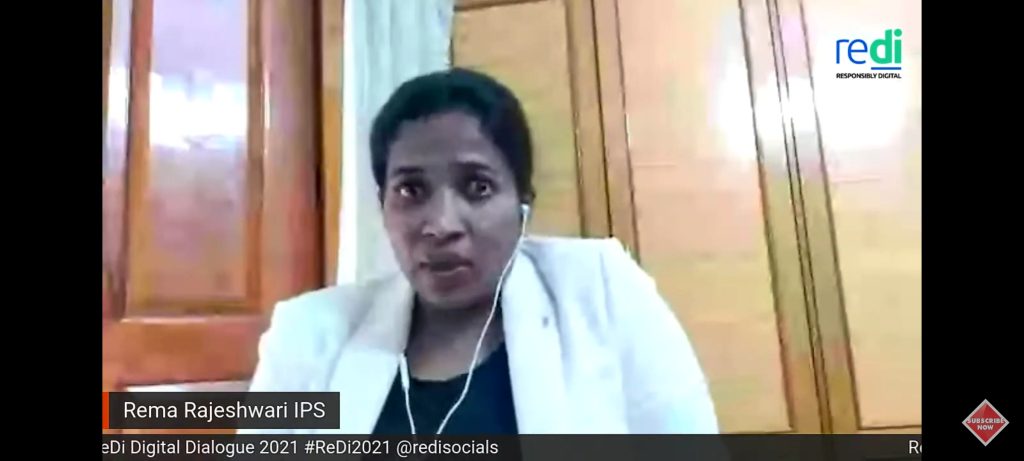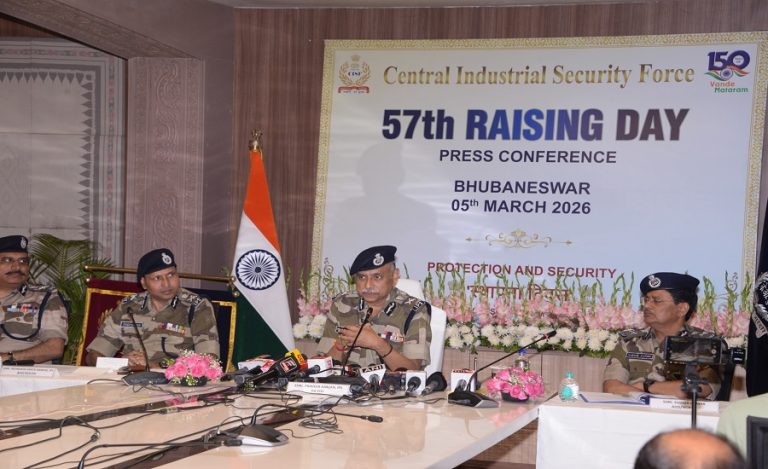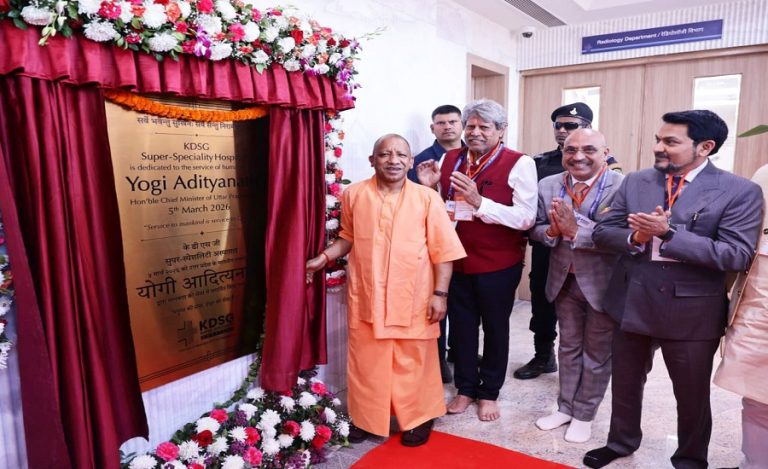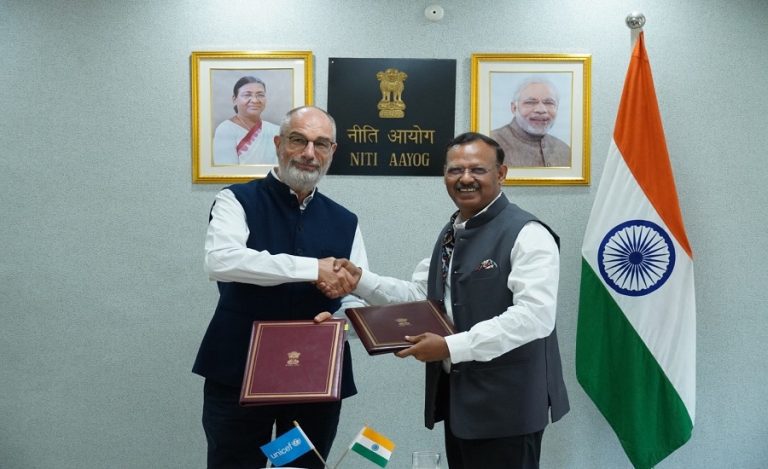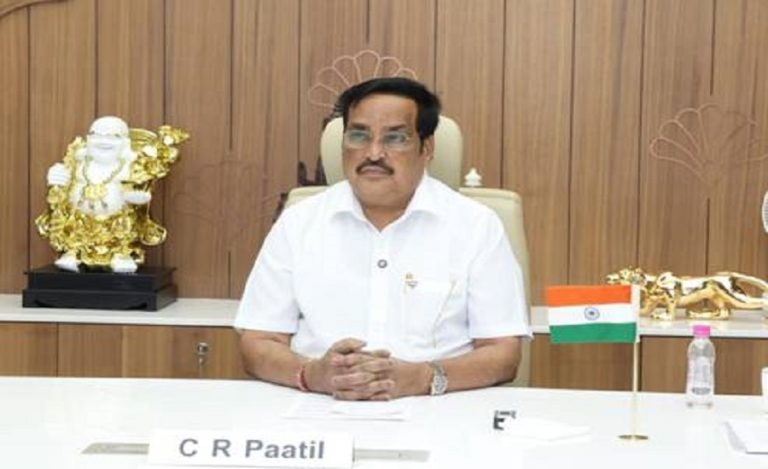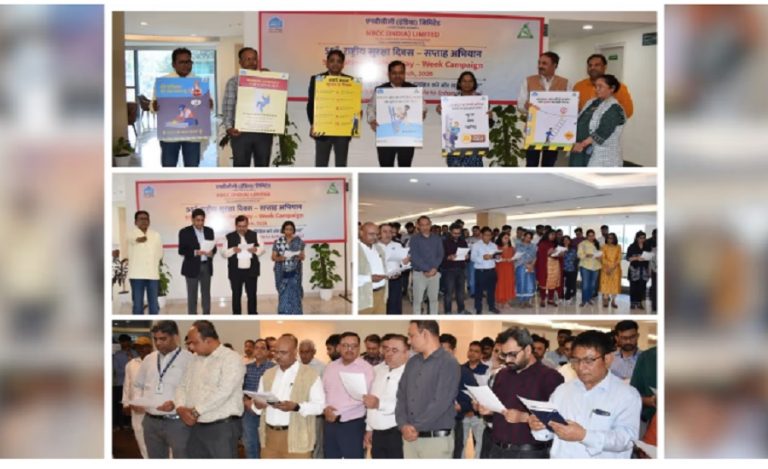In times when its difficult to differentiate between information and misinformation, the administration, especially the police, have a challenging task at hand. The first lady IPS officer from Kerala’s Munnar, Rema Rajeshwari, says Artificial Intelligence (AI) alone cannot stop this menace of big social media companies. All stake holders need to come together and put in place a collective social responsibility.
Participating in a virtually-organised discussion on Social Media Rumours, Misinformation and Disinformation in COVID-19, she said “It’s time for us to liberate human attention from the clutches of intelligent persuasions of the Big Tech.”
Rema Rajeshwari, is presently Police Chief of Mahabubnagar district in Telangana. She is a fierce proponent of women rights and has been running many a programme for women’s safety and security.
Lamented the fact that misinformation or disinformation has even taken many lives during the ongoing pandemic and how people believe in conspiracy theories regardless of their educational background, Ms Rajeshwari stressed, “there is not much difference between reaction of rural and urban people. However, rural people are more receptive to the authorities, particularly police officers, when they reach out to the communities. They give us a patient hearing and, so, it’s easy for us to impart digital literacy.”

In the urban segment, she finds a certain amount of confirmation bias. “This bias holds people back from taking even reputed news agencies and institutions at face value.” She admits, though, that it is not easy to address confirmation biases, as “people believe what they want to believe.”
According to her, India’s unique socio-cultural fabric has given rise to a different kind of bias that runs along racial, religious and communal lines”. Addressing it is a challenging task and, she feels, we were late in pushing the start button.
She explained: “The so-called intelligent persuasion of the human mind by machine was seen as one of the greatest achievements by mankind at the beginning of technological revolution. But, instead, we are looking at a lot of problems today, and it is too late for us to react. Five years back, we could not imagine that we will be looking at fake news as a law-and-order problem. That a small message or video could drive people to violent action and even kill someone.” She believes.
She explained that “she is making this statement because of what’s happening around us, particularly in our country – the big tussle that is going on between the Big Tech and the regulatory authorities. We are staring at a moment in history where big tech enterprises are taking the administration and regulatory agencies for a ride.” However, she was quick to add that, “whatever actions are being taken by the Centre and the state governments to combat this, are commendable.” She is strongly against “allowing enterprises to take a convenient stand, depending on the country they operate in.”
Ms Rajeshwari feels that the anonymity provided by social media to its users is advantageous for those with malicious intentions and is “turning the digital space into a potential ground for criminal activities.”
She revealed that she does not have high hopes from the Big Tech, as we live in a digital attention economy and to expect them to address this issue would be a mistake, as their revenue model is dependent on the active users they get. “It would be wishful thinking on our part to expect them to address social media issues, as it would put them out of business,” she concluded.
The discussion was organised by Responsibly Digital in partnership with YuWaah and UNICEF, to commemorate Social Media Day.

